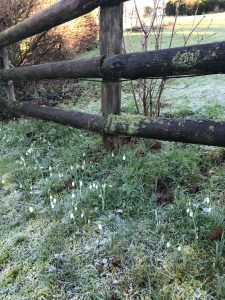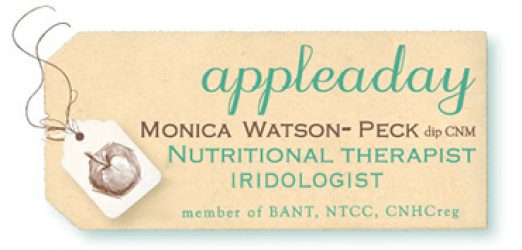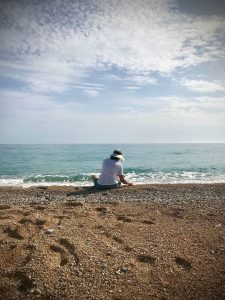Writing has always been part of the journey to health, except in the past its benefits weren’t really recognised or appreciated. It certainly didn’t have the current title journaling, which in my world is still just writing (or in my younger world, was called Dear Diary and generally came with a padlock – perhaps you had one of those too?)
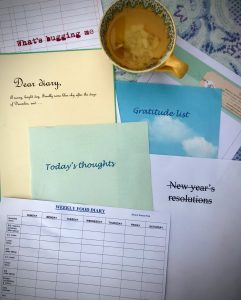
Whether you call it jounaling or writing, by doing it you can start figuring out the triggers that affect you emotionally, the ones that unleash upset or resentment, or a funky mood. Or the triggers to physical symptoms, to your bloating or nausea, your headaches or joint aches. Just as you can write down triggers for your happiness and well being. More about that later.
Writing can organise endless mental lists and tidy up an overwhelmed mind because it gives you an accessible way of untangling it all.
Case in point: the next time you wake in the dead of night with niggles circling your mind, write them down straight away with that pen & paper by your bed – and the smallest beam of torch so as to not rock your melatonin levels. This way you can corrall the mental noise into neat lines of penned words, logged and sorted for you to look at in the clear light of morning.
The same with gratitude lists, or whatever you wish to call them. That happiness and well-being I mentioned above.
When life’s feeling great it’s invaluable – uplifting! – to think about, and then write down, what’s actually making life feel so good. A gratitude list can come into its own again when life’s slinging mud at you. Writing down, and thus reliving, the good in your life can diffuse the intensity of harder times. It’s not easy when you’re in the thick of it, when those mud-slung quagmires are so sticky. However, by zooming out of the crabby moments and opening up the wider picture of what’s going well for you and who’s there to support you, there are new neuronal connections being made, new parts of your brain being fired. The result is that you feel better.
My gratitude list often starts off as a photo, maybe with a one liner floating in my head; a good to be alive moment when I catch dawn’s pinking sky or see lambs in the neighbour’s field. At some point those feelings make it onto paper, either as a diary note, or part of a blog or a letter to a friend.
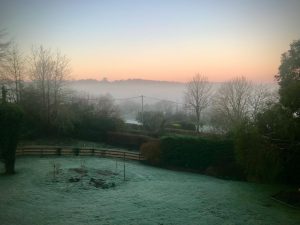
Asking clients to write a food diary is part and parcel of my work. I email a basic formatted chart asking my client to record a week of meals, snacks, drinks and any symptoms. It’s necessary because memories can be short or skewed. There can be an aspect of denial involved, for instance, a piece of chocolate quickly scoffed might be forgotten a moment late. Just like that morning biscuit which happened to come with the cafe’s coffee, or the bag of crisps with your drink (such a small bag, does it even count, a client joked last week).
Writing about your daily foods and habits can throw up patterns. Perhaps you’re eating bread or rolls or crackers and pasta every day. Or eating more fruit than you realize – that fructose sweet hit you think is healthy unfortunately still translates in your body to sugar).
Or perhaps you’re eating the same vegetables every night, all good for you, but not the variety that’s going to give your microbiome a diverse and immuno-supercharged microbial population.
It can be hard recognising your own eating patterns, that’s almost a given. Food is linked to habits and memories, to comfort and love, as well as to sleep, hormones and whatever else is going on in your life, body and mind that very day, that very moment. When clients email me the completed week’s food diary I often see: “I didn’t realize how many coffees I was drinking,” or “I don’t normally eat this many snacks.” (Hmmm, but maybe you do…)
Writing is your truthkeeper.
I can’t ignore the obvious act of writing which pops up at this time of year. New Year Resolutions. For some reason I came across a lot of podcast and media commentaries about how we shouldn’t make resolutions because invariably they fail.
I think this is dependant on how realistic you make them…
I’m not a big fan of writing a formal list, are you? The page header alone: New Year Resolutions, puts me off writing things down. Just too concrete, too much pressure for a year that hasn’t even begun. Saying that, I do like to ponder the year ahead, especially during the week between Christmas and New year when there’s a lot of pondering time to be had.
Perhaps I don’t usually make a written list of resolutions aka dreams aka intentions because I don’t have that many to remember (or forget).
This year, however, I did think of a few, all do-able and realistic for me. And that is key. It’s a simple thought to share with clients when we talk about changing diets and life patterns, or when clients say they want to lose x amount of body fat by spring, or do x number of hours training each week, or want to give up biscuits (chocolate/cakes/alcohol, take your pick). Make it simple. Be kind to yourself and start realistically, start small. That way you’ll likely stick to it.
As Dr Rangan Chatterjee recommends on his podcast and in his books, build a new habit into your day, into an existing routine, and it’ll be sustainable.
One of my new year non-resolutions – let’s call it an intention – is to do a new walk every week. But even as that intention popped into my head and I scribbled it down here I’m adding that I’d be happy if it turned into a new-walk-a-month rather than a week. I know that work and life can get in the way.
Am I backing out? I’d rather think I’m being realistic, but I’ll let you decide.
I hope you find some writing form that suits you, and wish you all a happy new year!

